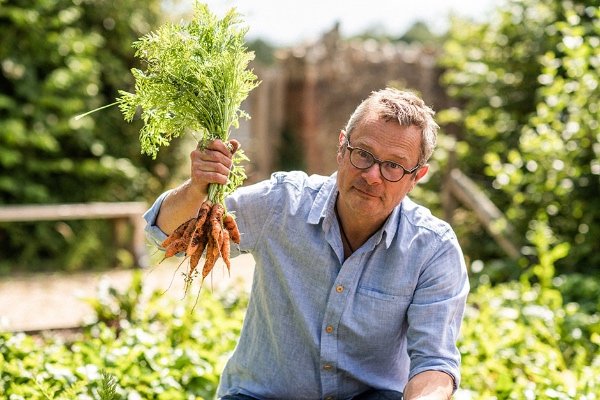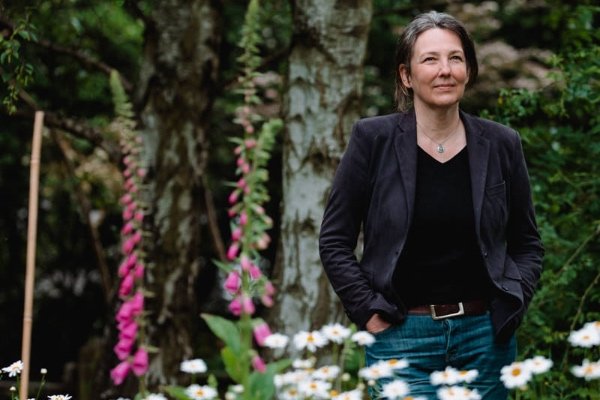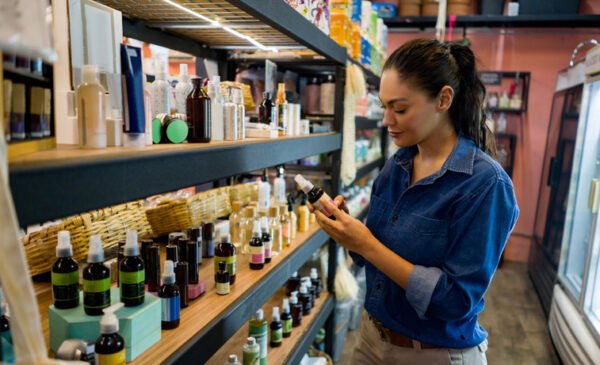This article first appeared in our COP28 issue of My Green Pod Magazine, published 30 November 2023. Click here to subscribe to our digital edition and get each issue delivered straight to your inbox
When Enis Anteplioglu, founder of Haoma, was studying for his master’s degree, his professor gave a striking example of innovation that Enis still thinks about today.
‘He said Colgate’s biggest innovation was to make the opening of the toothpaste’s tubes wider so that each time more product would be used, and people had to buy it more often’, Enis remembers.
This, to Enis, is what’s wrong with mainstream skincare: ‘If I were to summarise it in one sentence’, he says, ‘it is mass produced, and the only focus is on low costs and high profits – with no regard to human health and sustainability.’
‘Cheap water with chemicals’
Products designed with only profit in mind are at best a con and at worst a health risk waiting to happen.
They can strip your skin of its natural oils and leave you reaching for ‘moisturising’ creams that leave you feeling even more dehydrated.
’Creams contain emulsifiers, which dry your skin so you have to keep reapplying’, Enis explains. ‘It’s a cycle that keeps companies profitable.’
Creams and lotions typically contain around 70-85% water. ’Check your most expensive cream’, Enis says. ‘I guarantee the first ingredient you will see is ‘Aqua’. You are paying a premium price for a product that is 85% water.’
Beyond the issue of price, water-based skincare requires preservatives to prevent microbial growth and emulsifiers to make the oils and water mix.
For Enis, water-based products were only invented to make companies more profitable by keeping costs down and extending shelf life.
When he launched organic skincare brand Haoma in 2019, he did so with a commitment that no Haoma product would ever contain any preservatives or emulsifiers. ‘It was a really big no for me from the start’, he tells us, ‘and it’s our main promise to our customers: we will not sell people cheap water with chemicals.’
Skincare as community service
The only drawback to keeping Haoma products free from preservatives and emulsifiers is that some products need to be shaken before each use, which seems a small price to pay.
‘One example is our award-winning toner, which contains organic witch hazel and organic hemp oil’, Enis explains. ‘These two ingredients will not mix, so instead of using an emulsifier we ask that our customers shake the product before use. I think it is a good compromise instead of using a chemical on your face every day.’
Other Haoma bestsellers include deodorants, perfumes and ‘mood rolls’ – aromatherapy rollers for the pulse points.
 Play Video about This Rock Might Just Save The World
Play Video about This Rock Might Just Save The World Play Video about Play 2 hours of rock
Play Video about Play 2 hours of rock Play Video about Play 2 hours of brook
Play Video about Play 2 hours of brook Play Video about Play 2 hours of sheep
Play Video about Play 2 hours of sheep











































